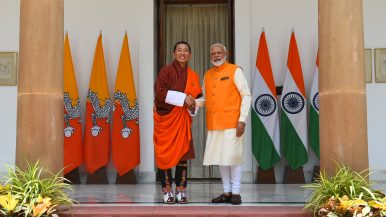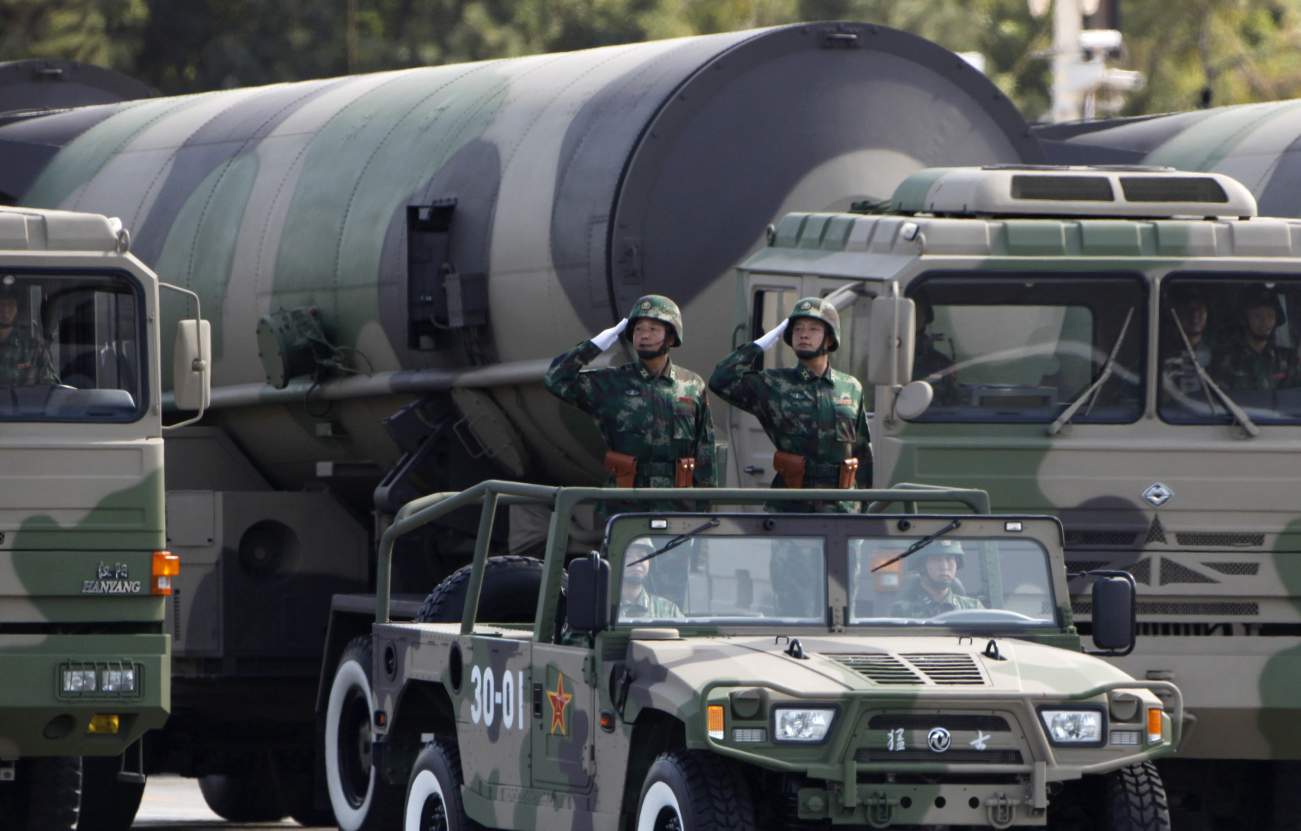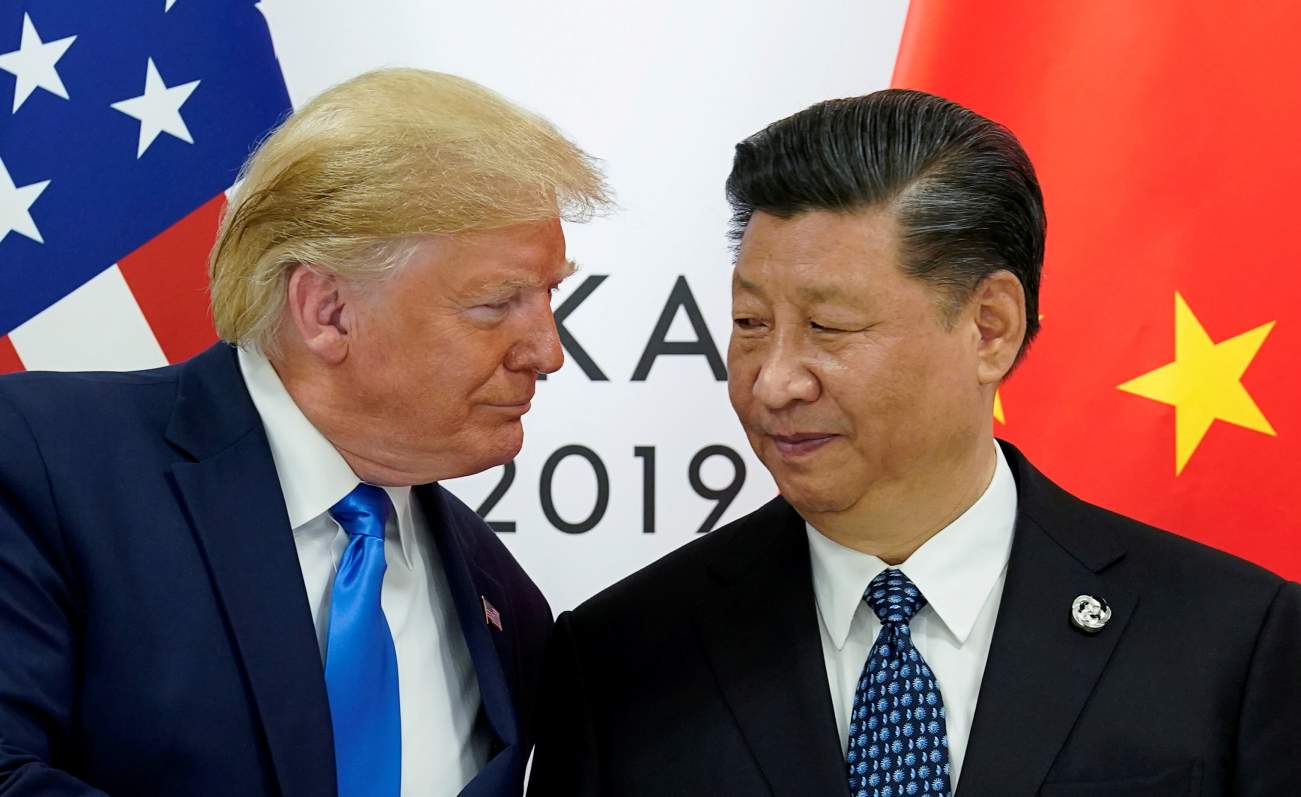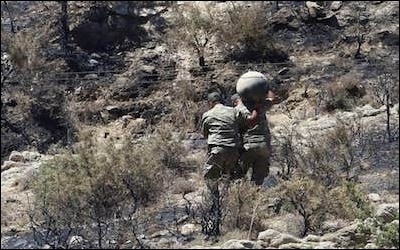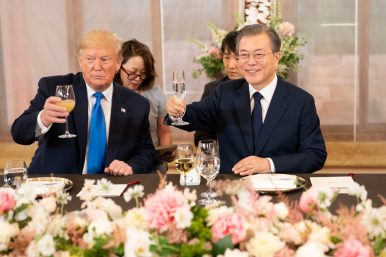Samyukta Subramanian
The Annual Status of Education Report 2018national findings suggest that 7 percent more girls compared to boys aged 7 to 14 are enrolled in public education systems across India. And with the right to education being extended to the early years, we can now expect many more girls to be in the education system from the start. This begs the question, though, as to whether schools are prepared for more girls to enter.
THE NEED FOR GENDER-SENSITIVE ENVIRONMENTS IN SCHOOL
This question has implications for not only equitable access to facilities such as functioning girls’ toilets, but the existence of gender-sensitive environments where both boys and girls can develop the ability to think critically, analyze, communicate, and build confidence. Young children need self-awareness, emotional self-regulation, and an understanding of the other so that both genders grow up to appreciate one another’s needs. If such an environment is lacking in our schools, then existing gender stereotypes will prevail, and real learning cannot take place. While education can be a tool for empowerment, a gender-blind approach can lead to schools becoming oppressive environments that perpetuate age-old beliefs and attitudes.
